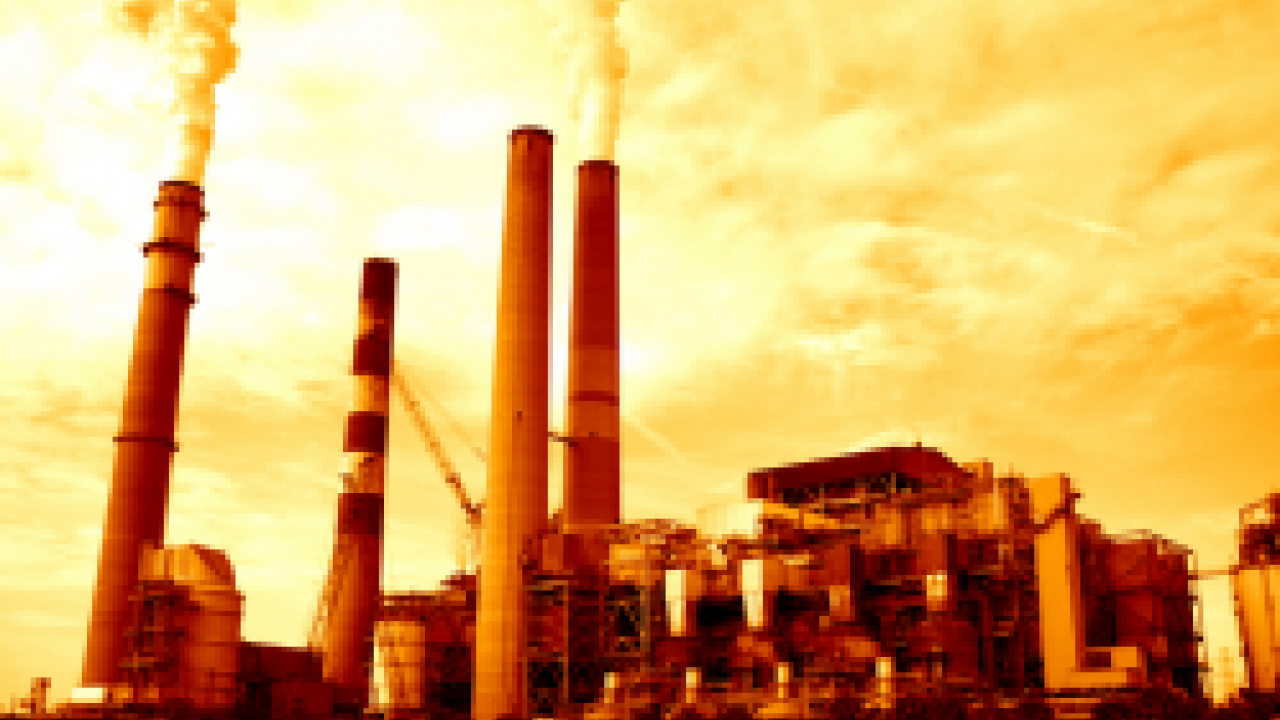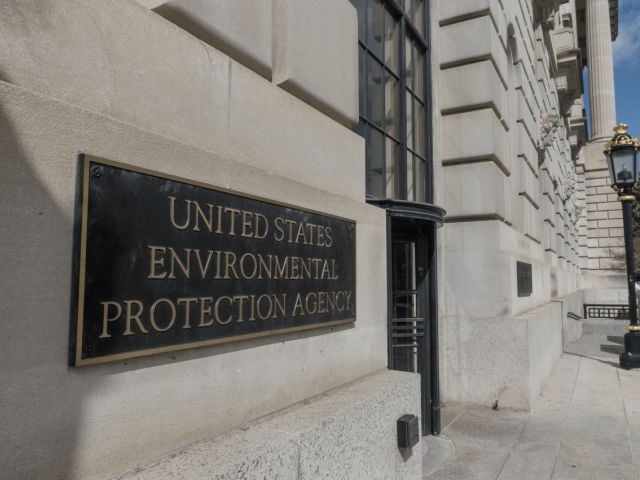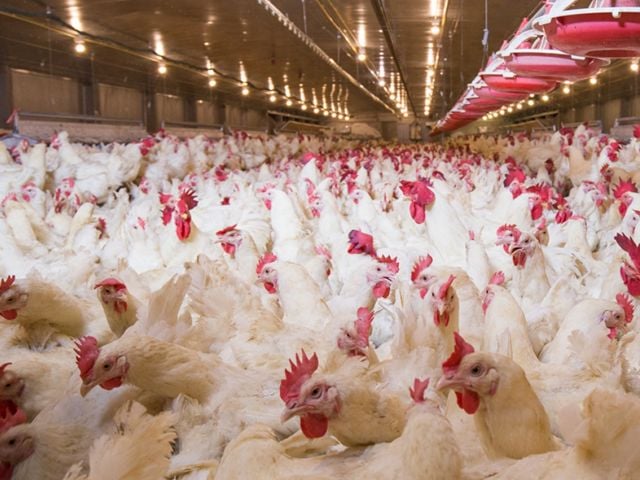
Hearings began in the Senate last week on the Kerry-Boxer Clean Energy Jobs and American Power Act. This bill, the companion legislation to the Waxman-Markey climate change bill passed by the House, aims for a 20 percent cut in U.S. greenhouse gas emissions by 2020.
After a reading of the Senate bill's agriculture offset provisions, however, Environmental Working Group's Craig Cox warned that, "The Kerry-Boxer climate bill simply borrows the agriculture offset provisions in the House bill, and if those provisions remain in place, it opens a loophole big enough to let 67 of the dirtiest power plants off the hook for their emissions."
Cox, EWG's Midwest vice-president, manages our office in Ames, Iowa, and co-authored an analysis of the House version. He found that polluters could take credit for meeting their required pollution reductions by paying farmers simply to keep on doing what they were already doing -- and without putting any new conservation practices in place. This could allow the equivalent of over 67 of the dirtiest power plants to avoid any controls on greenhouse gas emissions while missing the opportunity to encourage farmers to do more to protect the climate and our food supply.
Additionally, the Kerry-Boxer bill, like the House version, doesn't do enough to guarantee that key conservation practices that generate credits for polluters will actually stay in place over the long-term. The so-called 'permanence' issue, a big concern for carbon conservation practices, raises the question:
What good would it do to store carbon in the soil by reducing tillage if you can just go back to plowing again after 5-to-10 years?
Cox did find reasons to be optimistic after reading a discussion draft of proposed amendments to the Senate climate bill by Michigan Senator Debbie Stabenow.
"The interesting dynamic is who is going to take the lead in the Agriculture Committee with climate legislation. Senator Stabenow appears to be seizing that role with her discussion draft, which we believe includes more credible and effective offset provisions and attempts to to shrink the loopholes in the flawed House provision."
“If the stated purpose of this landmark legislation is to reduce the carbon emissions that threaten the health and well-being of our planet and its inhabitants, then these loopholes need to be addressed," Cox concluded. "Letting polluters take credit for practices farmers already have in place not only lets the polluters off the hook, it also squanders the opportunity for agriculture to play a critical role in fighting climate change and protecting our food supply.”
And as we've been saying at EWG, agriculture has a lot to lose with climate change.
Go here for the full analysis of the House climate bill's agriculture provisions.


